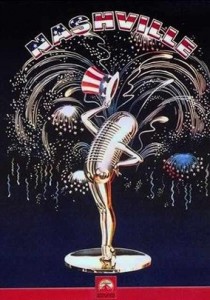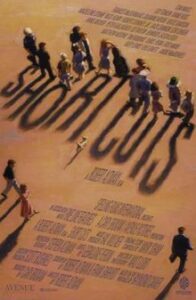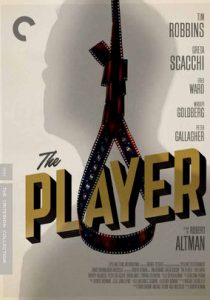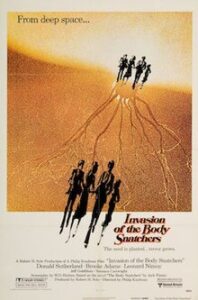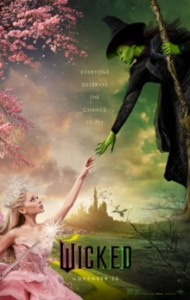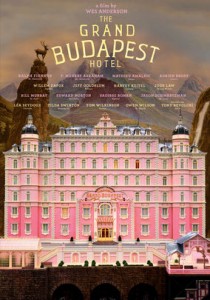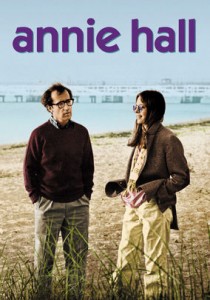California Split-1974
Director Robert Altman
Starring Elliott Gould, George Segal
Scott’s Review #1,493
Reviewed August 25, 2025
Grade: A-
California Split (1974) is heavily recommended for hardcore Robert Altman enthusiasts as a way of comparing his other, more well-known works with this effort.
It’s a minor film in his vast catalog, but a dissection of the very best of what the director offered the world of cinema and why cinephiles forever love him.
For novice Altman viewers, I’d start with The Long Goodbye (1973), Nashville (1975), or Gosford Park (2001).
Rich with fascinating, mostly minor or even background characters, combined with overlapping, largely improvised dialogue, this is Altman’s sweet spot. The dialogue crackles with brilliance and everyday conversation, especially around the casino tables.
California Split dives headfirst into a sad and sometimes depressing world of casinos, filled with prostitutes, derelicts, robust cashouts, and shattered dreams.
Footloose and fancy free, Charlie Waters (Elliott Gould) rooms with two high-class prostitutes, Barbara Miller (Ann Prentiss) and Susan Peters (Gwen Welles), and lives to gamble.
Along with his more reasonable friend Bill Denny (George Segal), Charlie sets out on a gambling streak in search of the big payday, regardless of the ramifications or hijinks they encounter along the way.
After troubles in Los Angeles, they quickly flock to Reno, Nevada, to see if their luck changes.
While Charlie and Bill have some lucky moments, they also have to contend with serious setbacks like owed debts and stolen money that threaten to derail their lofty ambitions.
California Split is a minor treasure.
Good chemistry exists between Gould and Segal, and they make compelling buddies. Charlie is the yin to Bill’s yang, but Bill is the character I care about most.
Explained to be married but separated, assumed because of his gambling addiction, Segal’s character is conflicted. Unable to help himself, he is nonetheless marginally sensible and aware of his problems.
After winning an enormous payout, instead of celebrating like Charlie does, Bill is instead morose.
He shares a tender moment with Susan, but after a feeble attempt at intimacy, he suddenly bails, leaving her shattered.
While the ladies don’t get as much screen time as the men, Prentiss and Welles also have a strong connection. With lesser acting talents or lesser writing, their characters could have been dismissed as floosies without any merit, but there’s a deeper understanding.
I yearned for more backstory, especially for Susan. Wounded and starved for love, she is my favorite female character.
Characters who appear in just one scene can leave a lasting impression.
The sassy receptionist, the angry, well-dressed woman in a bar who insults Bill with homophobic slurs, the female bartender (Barbara Ruick) in Reno observing Charlie and Bill’s conversations, and the fat lady at the casino table, each is fraught with endless possibilities.
How did each reach their lot in life?
Despite the unique characters and strong chemistry amongst the leads, California Split suffers from some aimlessness.
Occasional scenes are useless and meander incessantly. When the gents engage in a game of basketball with some strangers, there’s really no point to the scene.
The final sequence is compelling but also a letdown, as there is little satisfying climax or explanation of what happens to the characters in the future.
California Split (1974) is triumphant because it proudly celebrates Altman’s unique brand of filmmaking, showing his abilities as an iconoclast in the world of cinema.
It thrives on character over plot and the nuances of human behavior over dramatic story arcs. It displays his improvisational style and his ability to draw the viewer into a seedy world quite willingly.
Though not his most outstanding work, the mere essence of Altman is prevalent, making it a measured success.

